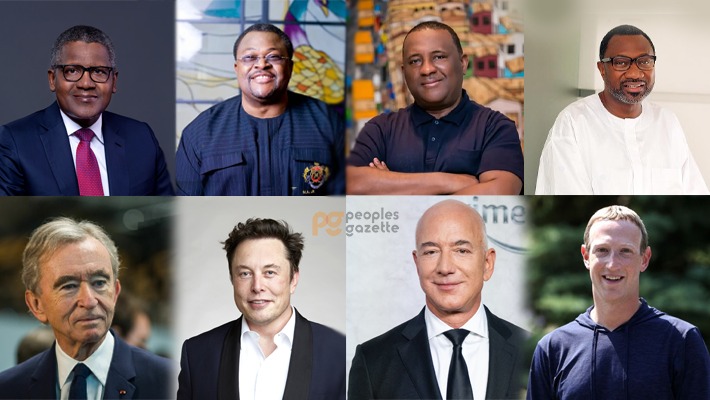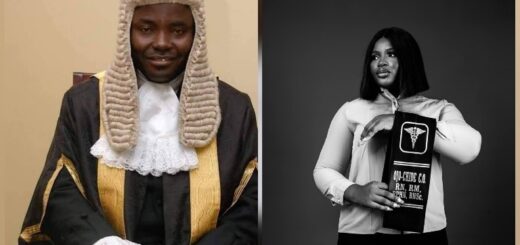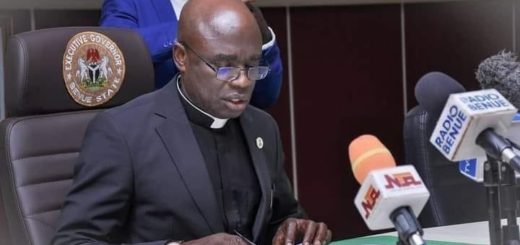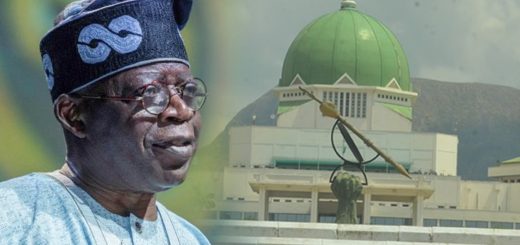U.S. rejects G20’s proposed global tax on Dangote, Adenuga, Otedola, other billionaires’ assets
 The United States has turned down a proposal on worldwide tax on the assets of “ultrawealthy” people and businessmen, the Chairman of the Dangote Group, Aliko Dangote, Chairman of the Femi Otedola Foundation, Femi Otedola, chairman of Globacom telecommunication company in Nigeria, Mike Adenuga and other billionaires.
The United States has turned down a proposal on worldwide tax on the assets of “ultrawealthy” people and businessmen, the Chairman of the Dangote Group, Aliko Dangote, Chairman of the Femi Otedola Foundation, Femi Otedola, chairman of Globacom telecommunication company in Nigeria, Mike Adenuga and other billionaires.
Janet Yellen, U.S. treasury secretary, who disclosed this on Monday, said the administration of President Joe Biden was only in favour of “progressive taxation”, under which the wealthy pay a larger share of their income than those of lesser means.
“The notion of some common global arrangement for taxing billionaires with proceeds redistributed in some way — we’re not supportive of a process to try to achieve that. That’s something we can’t sign on to,” Ms Yellen said.
However, the proposal by the G20 will have limited chances of being implemented without U.S. support, even though it appears to have the backing of the leaders of some large economies such as France and Brazil.
The U.S. position on a global tax on billionaires contrasts with its support of a worldwide minimum tax on international businesses.
Taxing wealth instead of income, normally where levies are focused, would prevent billionaires from exploiting investment strategies that allow them to increase their wealth while generating little taxable income.
Earlier in February, at the G20 finance ministers meeting, Gabriel Zucman, director of the EU Tax Observatory, cited evidence demonstrating that the current global taxation of billionaires is regressive, meaning that the effective tax rate the billionaires pay is lower, sometimes much lower, than the rates paid by average taxpayers.
“Although there is a lot that can be done by countries acting individually, the best way to address this regressivity is by creating a common minimum standard through international coordination.
“This is because the main obstacle to taxing the very rich in practice is the risk that they may relocate to low-tax places. This international competition has exerted considerable pressure on the design of tax systems globally. But with international coordination, a binding floor can be put to the tax rates of the ultrawealthy,” Mr Zucman said.
Last April, the billionaire quartet of Messrs Dangote, Adenuga, Rabiu, and Otedola made Forbes’ 2024 list of the world’s wealthiest billionaires, which contains 2,781 billionaires, including Bernard Arnault, Elon Musk, Jeff Bezos and Mark Zuckerberg.
Mr Dangote is the 144th richest billionaire in the world, followed by Adenuga, who is 409th on the list, and Mr Rabiu, who is 581st. Mr Otedola is 2,152nd on the global billionaires’ list as a returnee.













